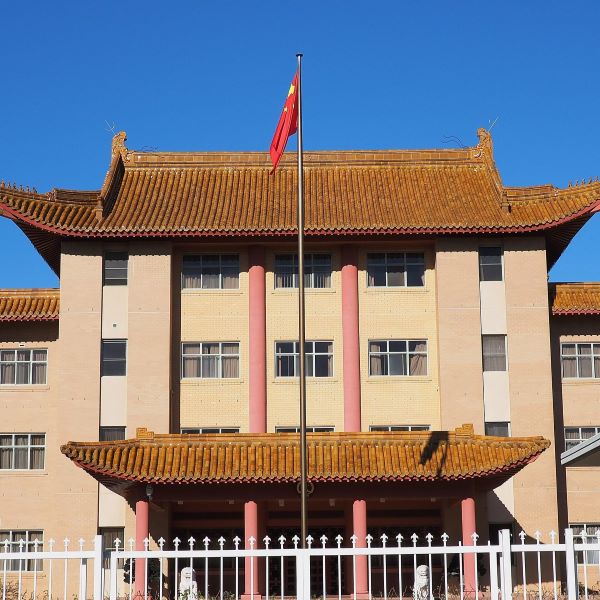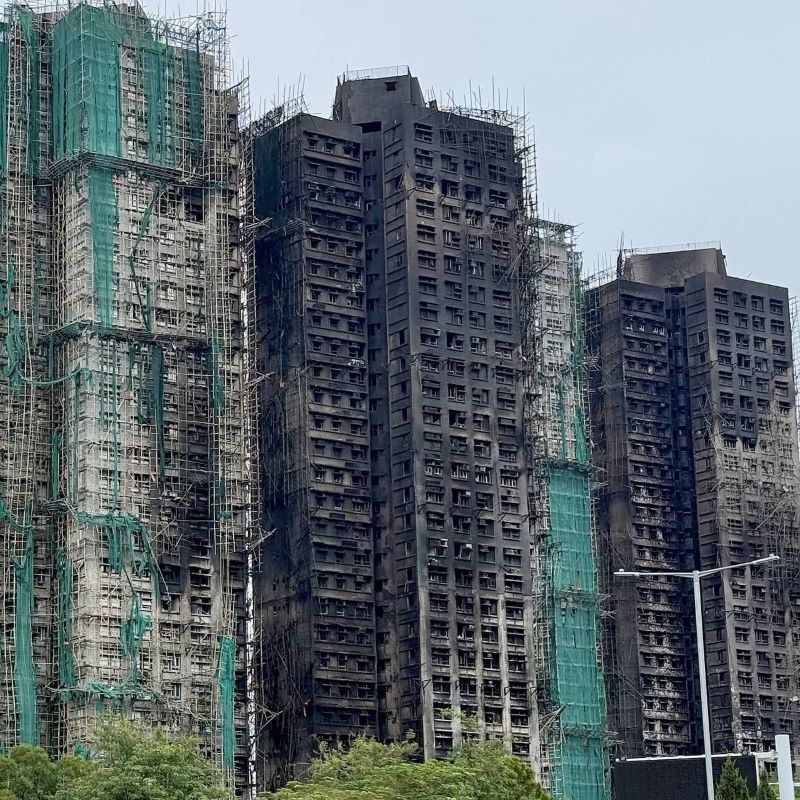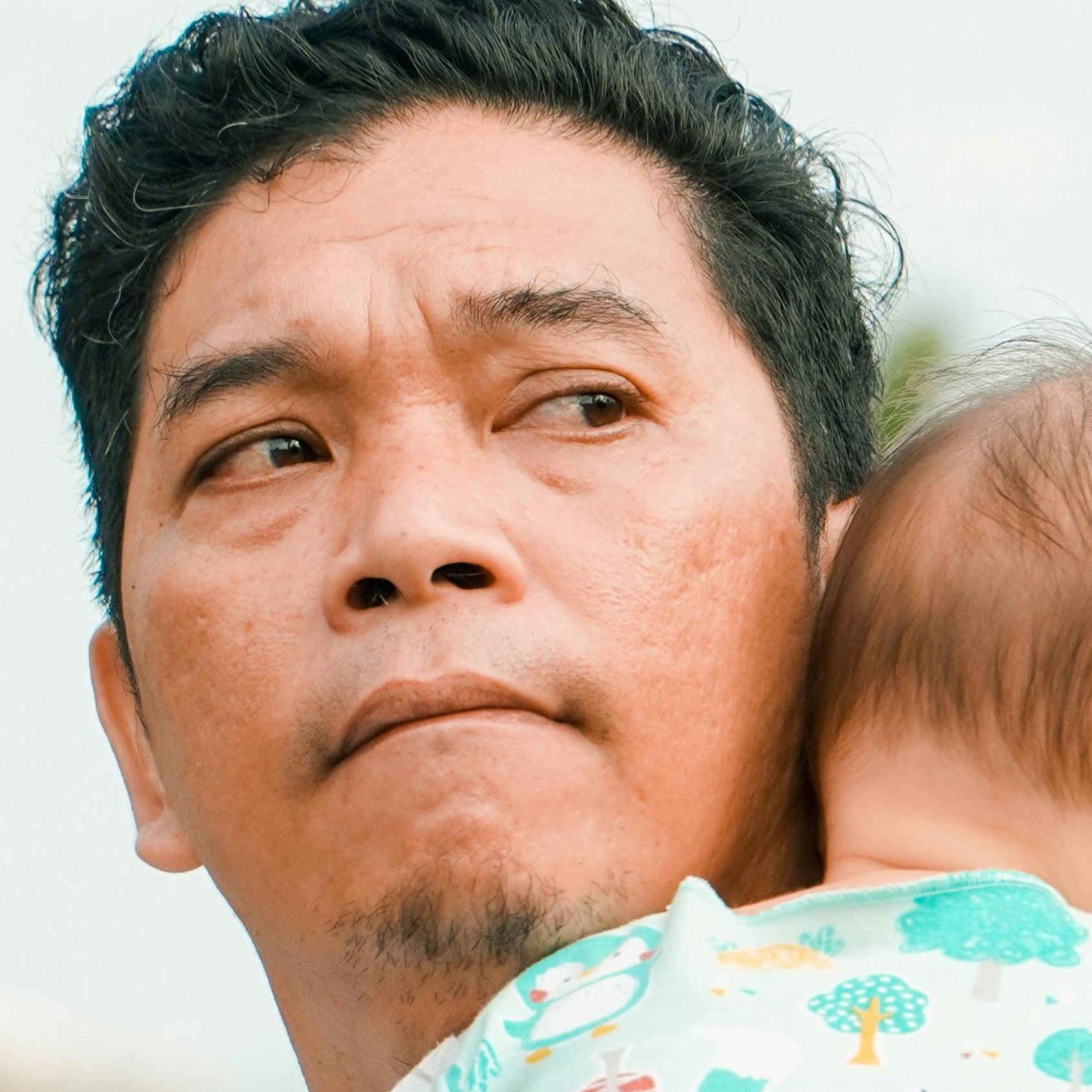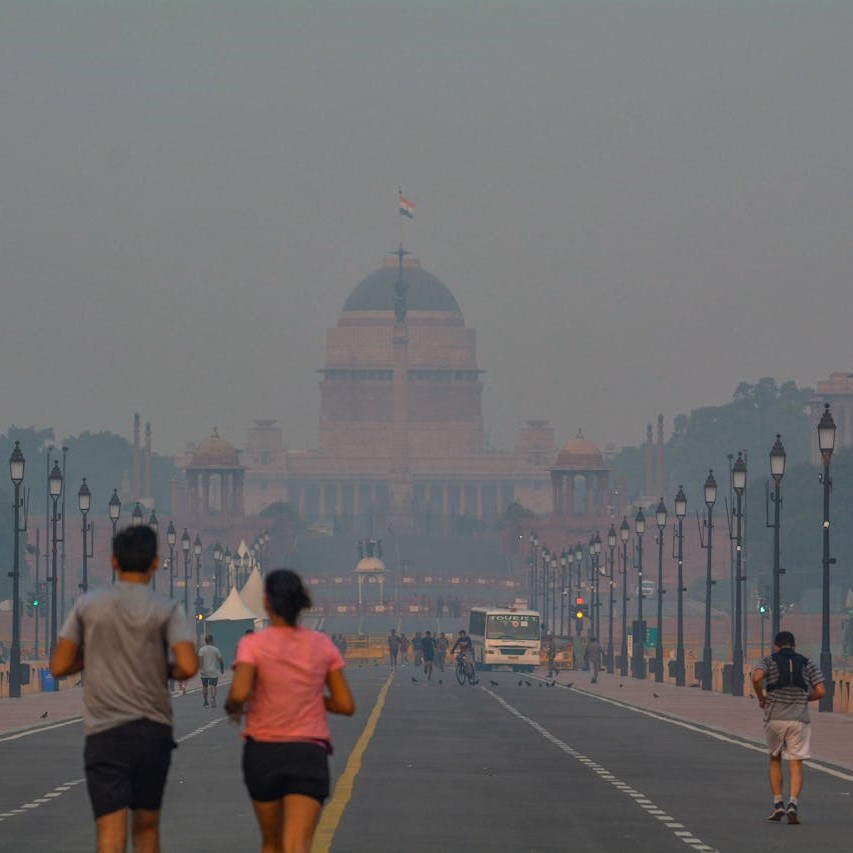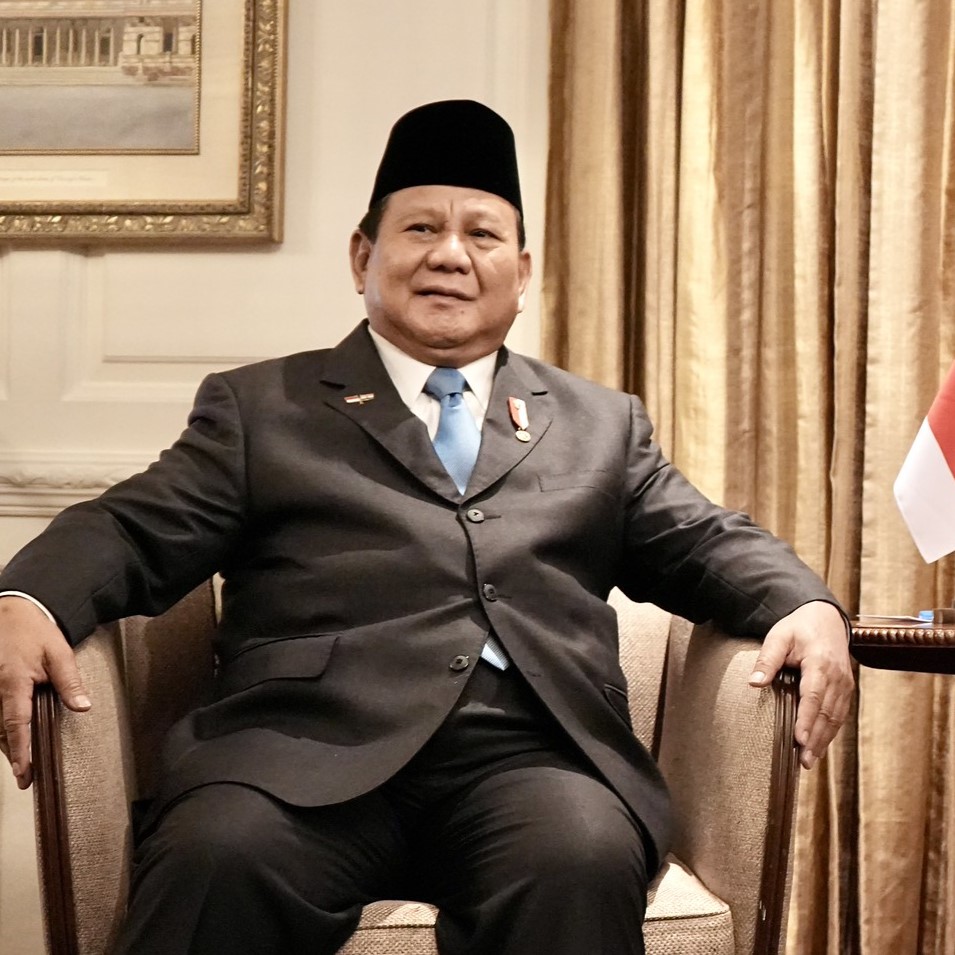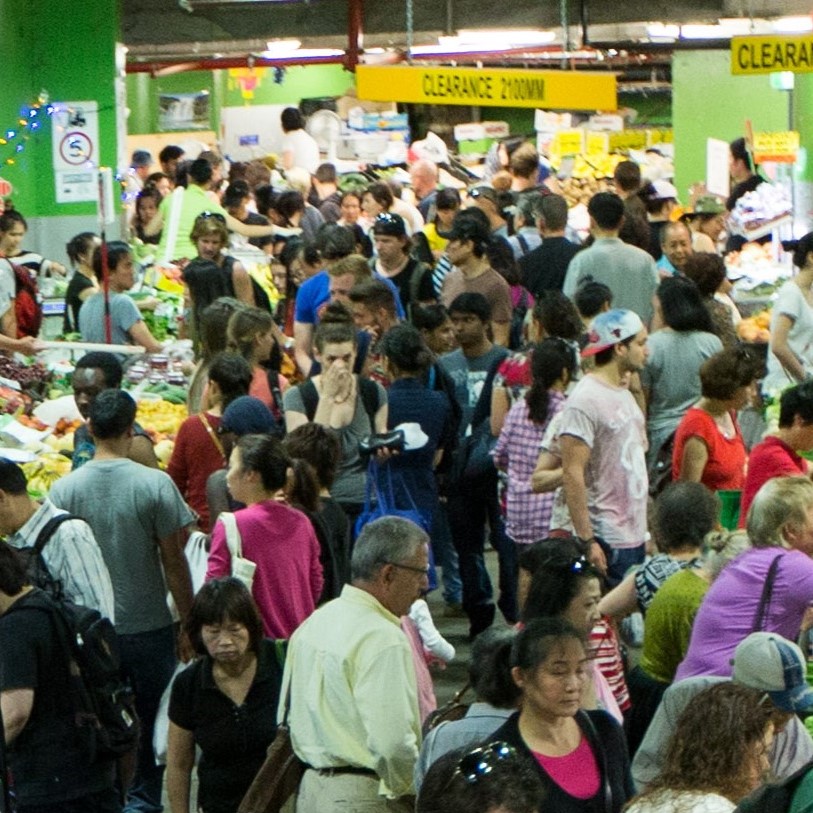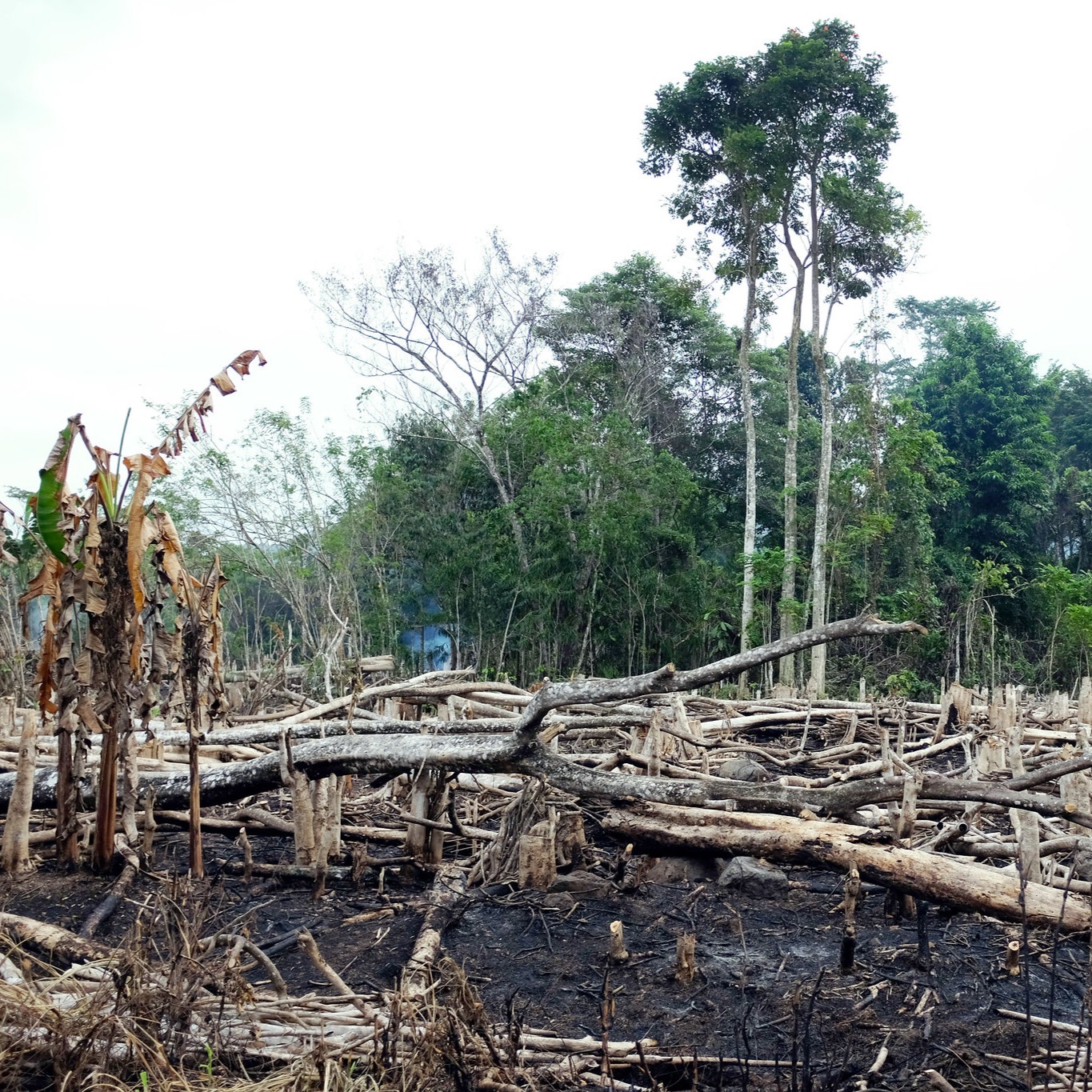Inquiries
Melbourne Asia Review is an initiative of the Asia Institute. Any inquiries about Melbourne Asia Review should be directed to the Managing Editor, Cathy Harper.
Edition 23, September 2025 Islam and minorities’ rights
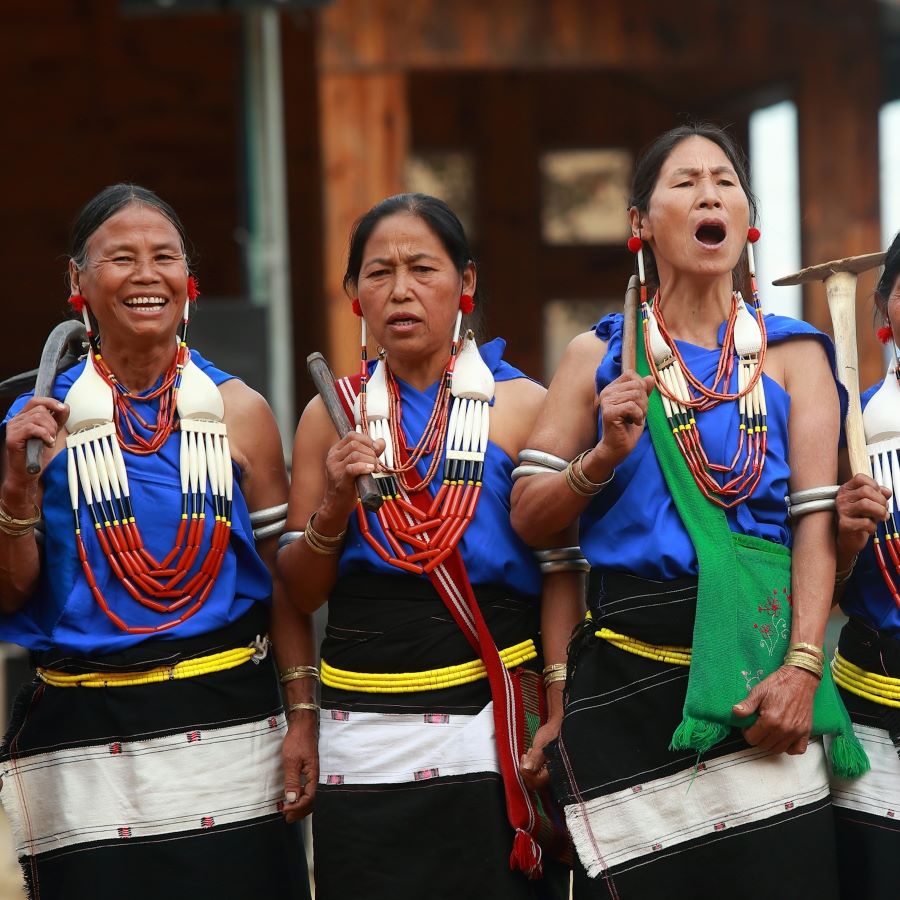
INTRODUCTION: From appreciation to enjoyment: Varieties of Indigenous knowledge in Asia
Indigenous knowledges are a living force through which political, cultural and economic relations are reshaped.
- Dr Samuel Curkpatrick
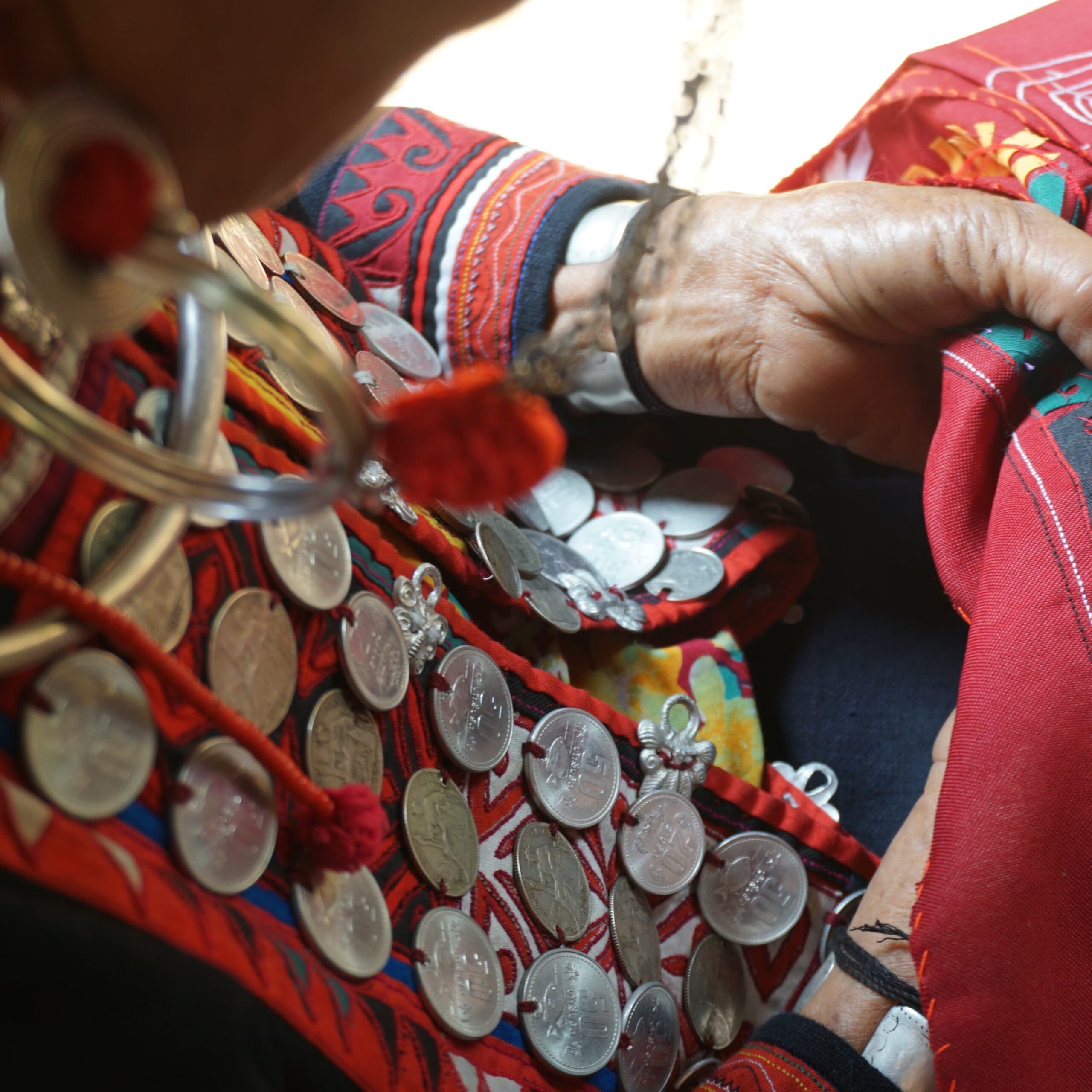
Protecting Indigenous design in a commercial world
Protecting Indigenous designs from misappropriation is complex, but that should not be an excuse for inaction.
- Tara Gujadhur
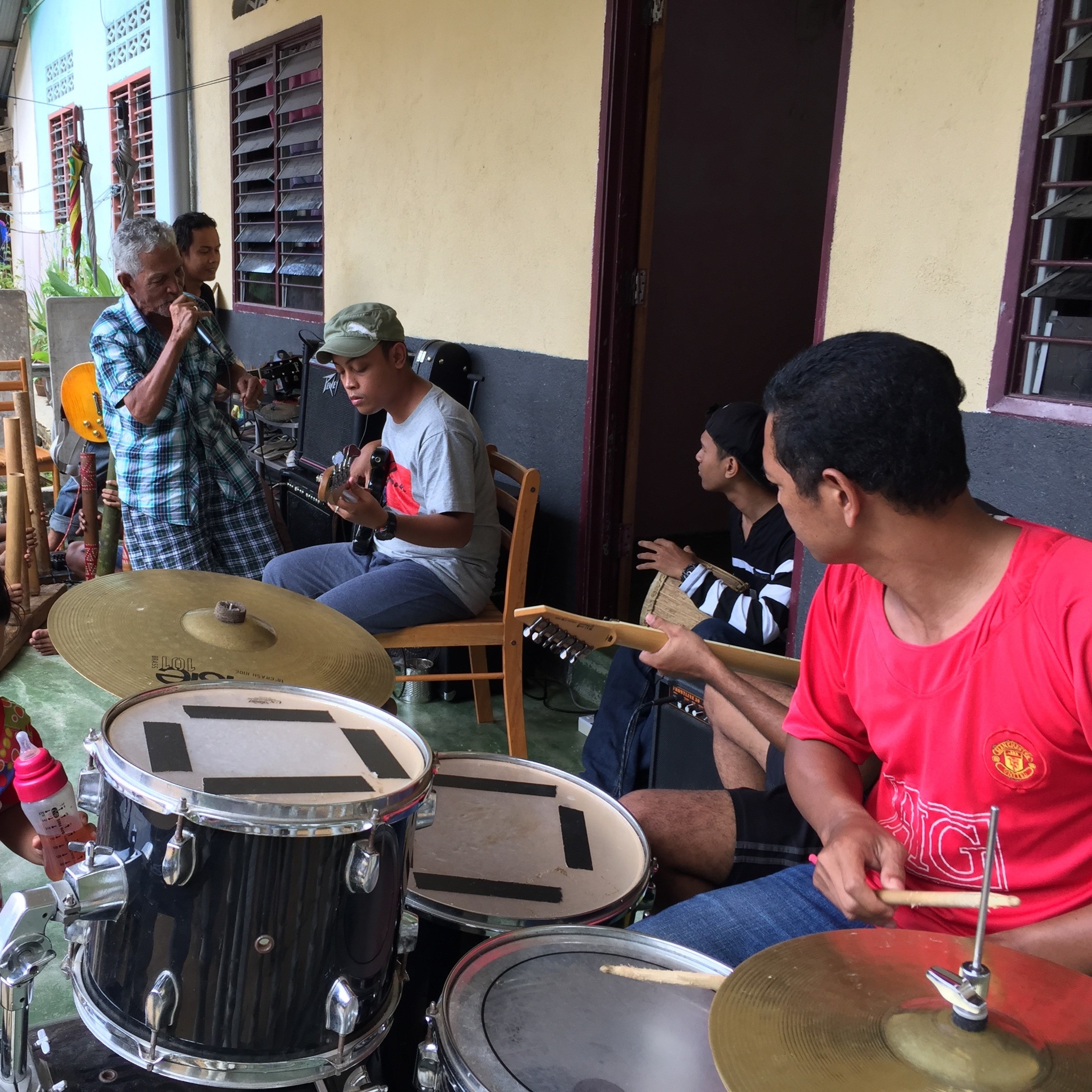
Reclaiming positive masculinity among the Indigenous peoples of Malaysia
Folktales continue to provide storytellers with a dynamic foundation to renew, reinterpret, and transmit cultural values.
- A/Prof. Clare Suet Ching Chan
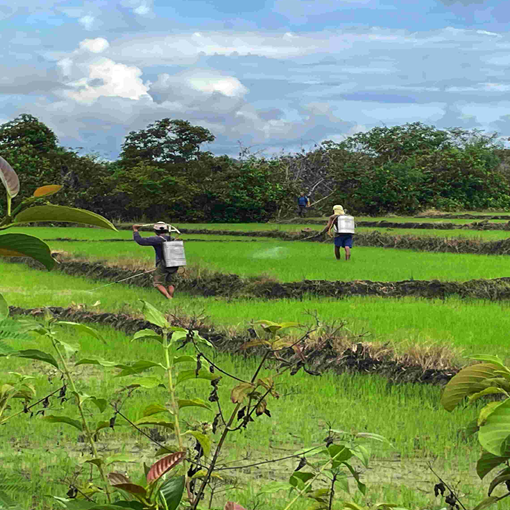
Gutom o Ginhawa: Why Philippine rice policy must align with smallholder practice
Modernisation and market reform were supposed to raise rice yields in the Philippines. But rice farming has grown more precarious.
- Dr Eric D U Gutierrez, Prof Wolfram Dressler, Dr Trent Brown, Dr Dominic Glover, A/Prof Brooke Wilmsen, Mercedes Limsa, Richelle Cañete, Rowelyn Agravio, Demi Divinagracia & Dr Michael Pido
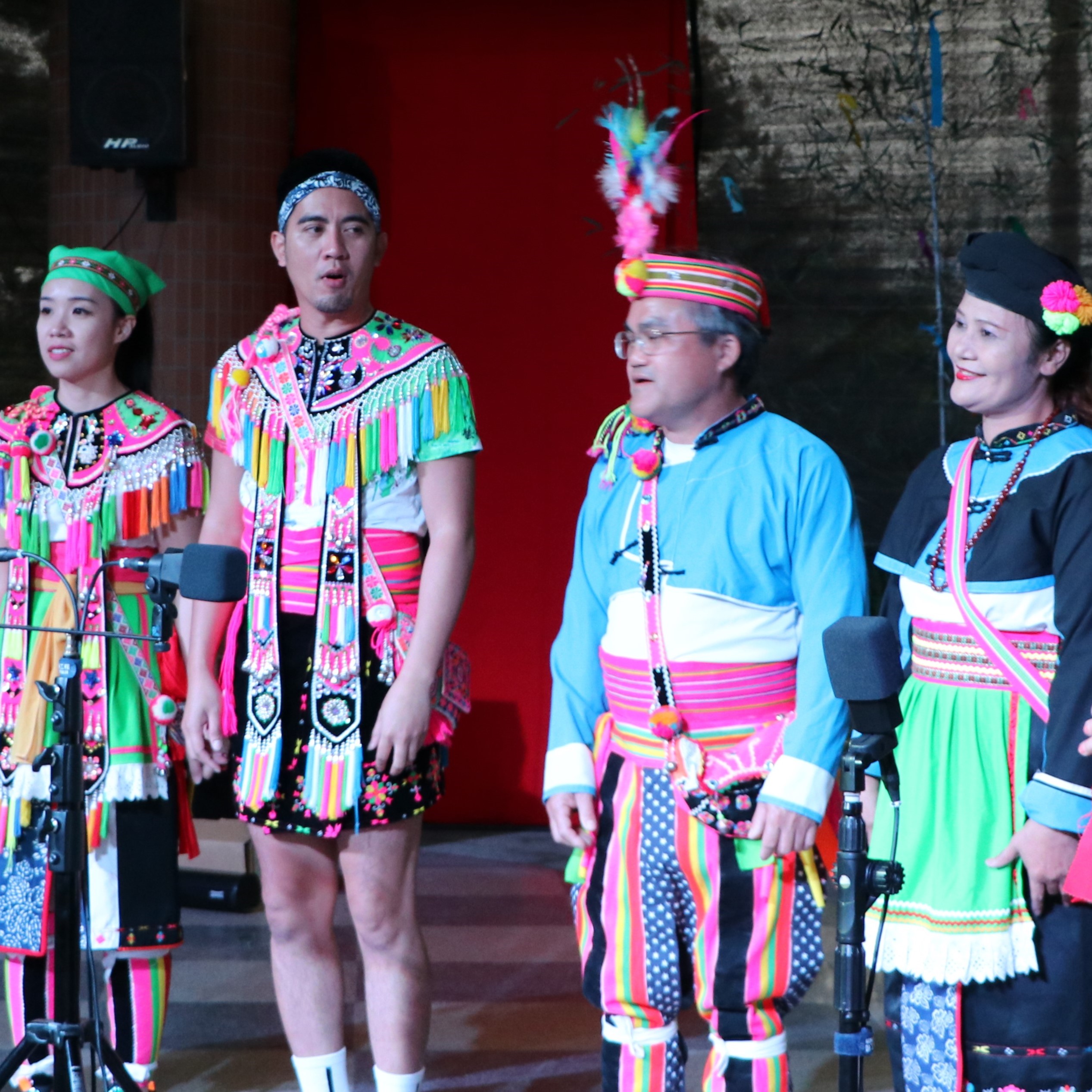
Indigenous music and dance in Taiwan is undergoing major regeneration
Despite Taiwan’s long history of colonialism and migration, its Indigenous communities continue to revitalise through music and dance.
- Dr Yuh-Fen Tseng
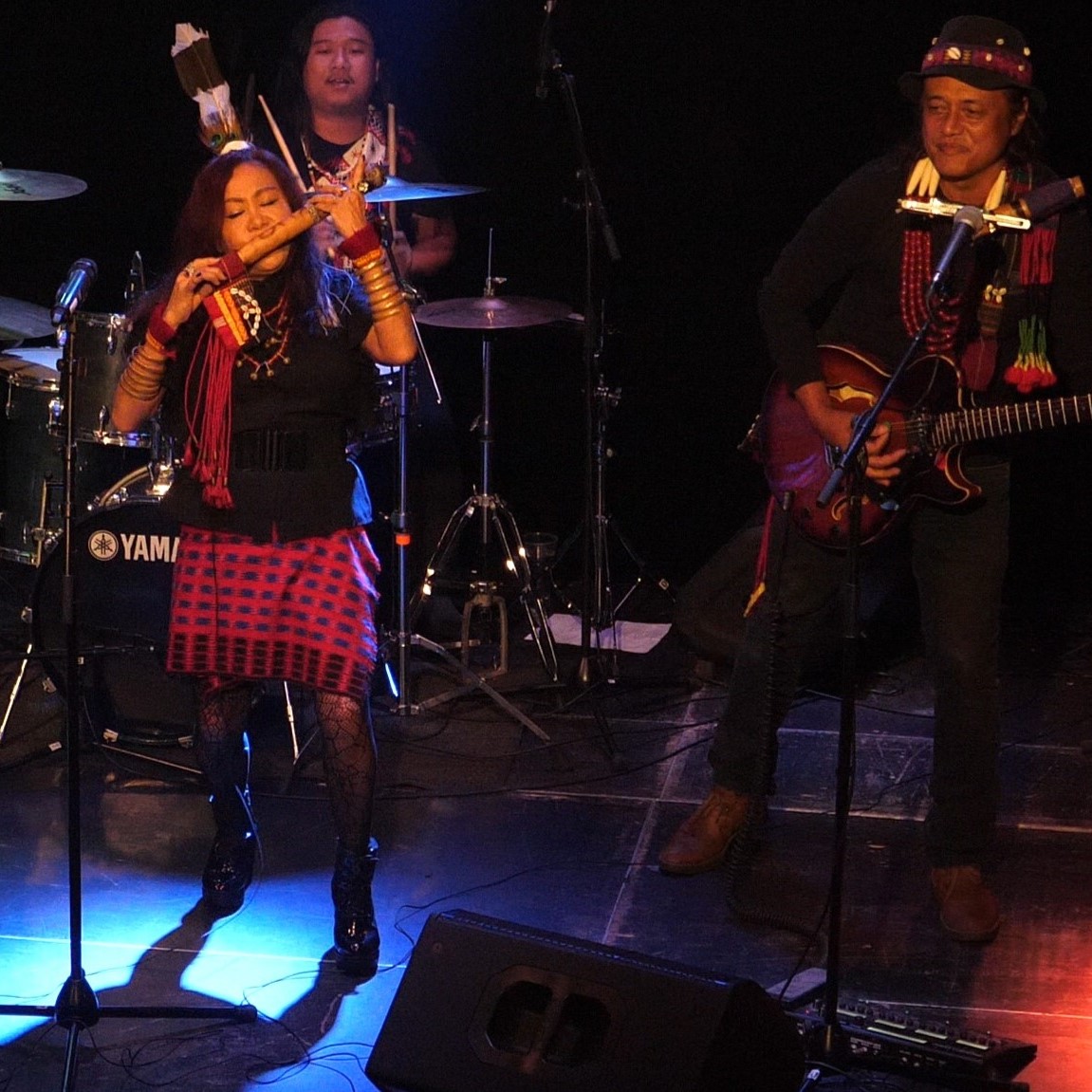
How a new genre of music has emerged in contemporary Indigenous Naga culture
How Indigenous musicians from Nagaland, India, are showing the resilience of their culture.
- Dr Christian Poske
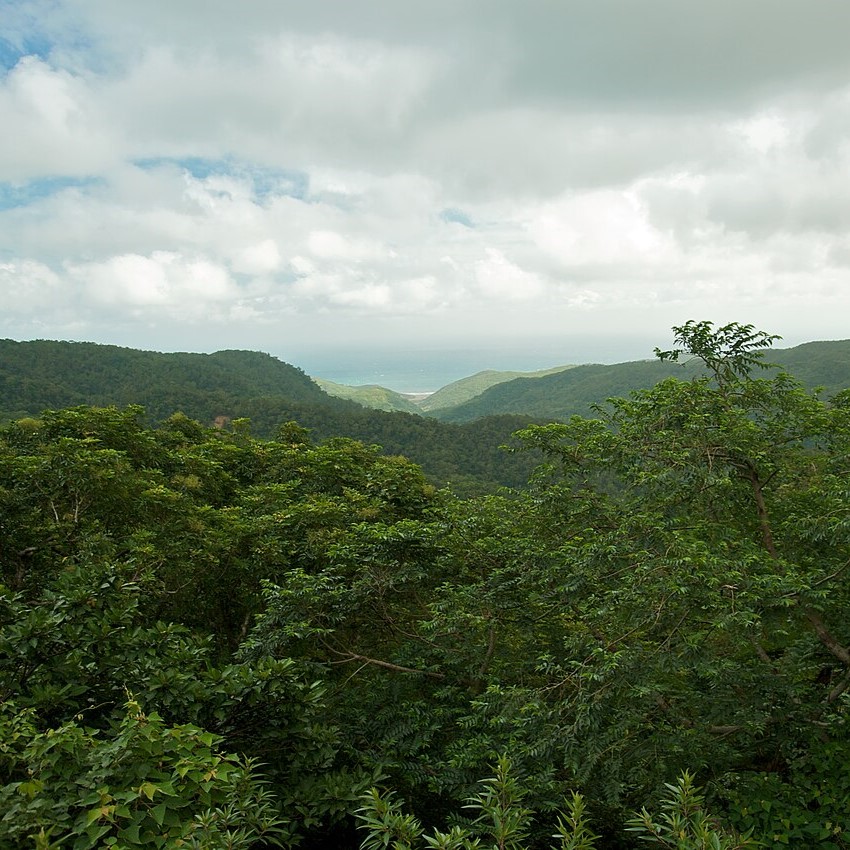
‘Indigenous Voices: Short Stories by Taiwanese Writers’ by Walis Nokan & Gan Yao-Ming
A significant contribution to Asia-Pacific Indigenous literature that addresses survivance and cultural continuity in Taiwan.
- Dr Tracy Woodroffe
Edition 25, March 2026
Varieties of Indigenous knowledges in Asia
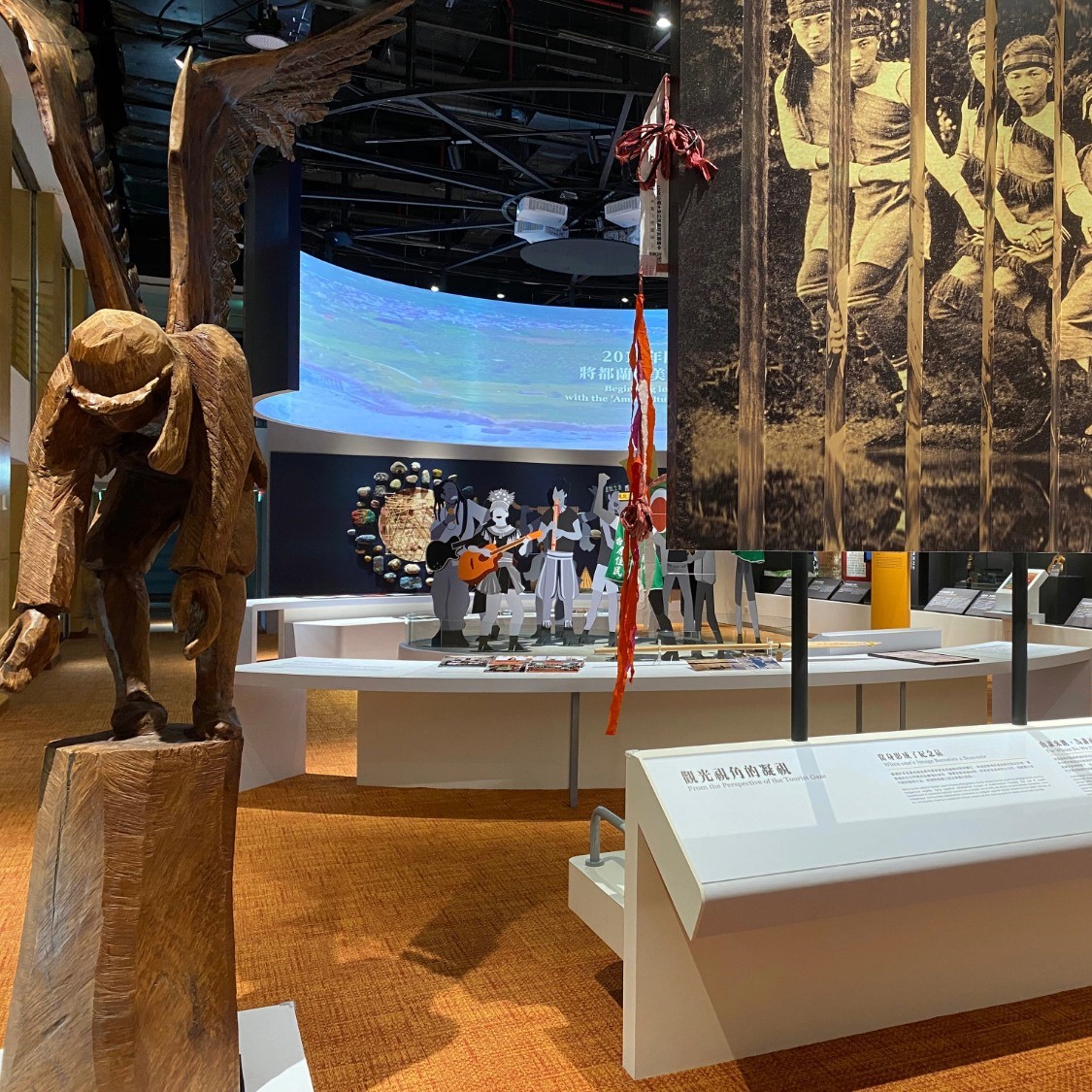
How museums in Japan and Taiwan are supporting Indigenous cultural revitalisation
Museums are developing new practices of partnership and collaboration in relation to Indigenous knowledges.
- Dr Sophie McIntyre, Prof Scott Simon, Prof Futuru Tsai & Prof Koji Yamasaki
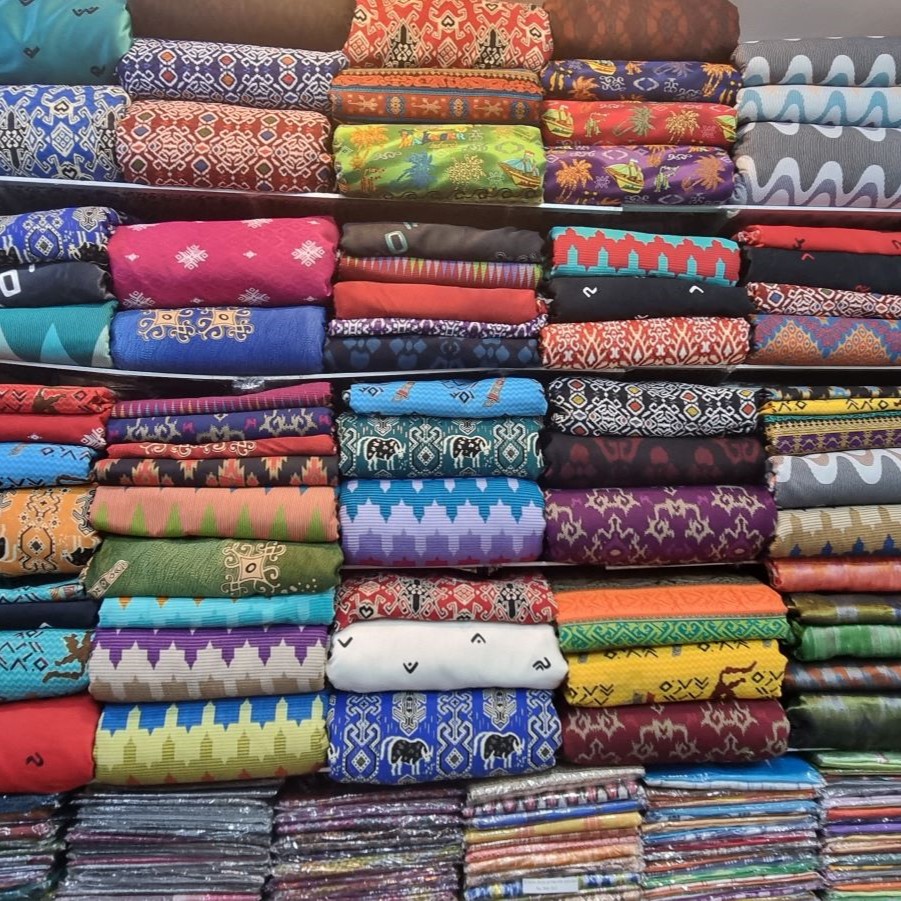
Engaging with Indigenous knowledges in Asia: Sharing new opportunities for exchange
The power imbalance between the academic Anglosphere and the world’s Indigenous peoples need not continue unchecked.
- Prof. Aaron Corn & Prof. Barry Judd
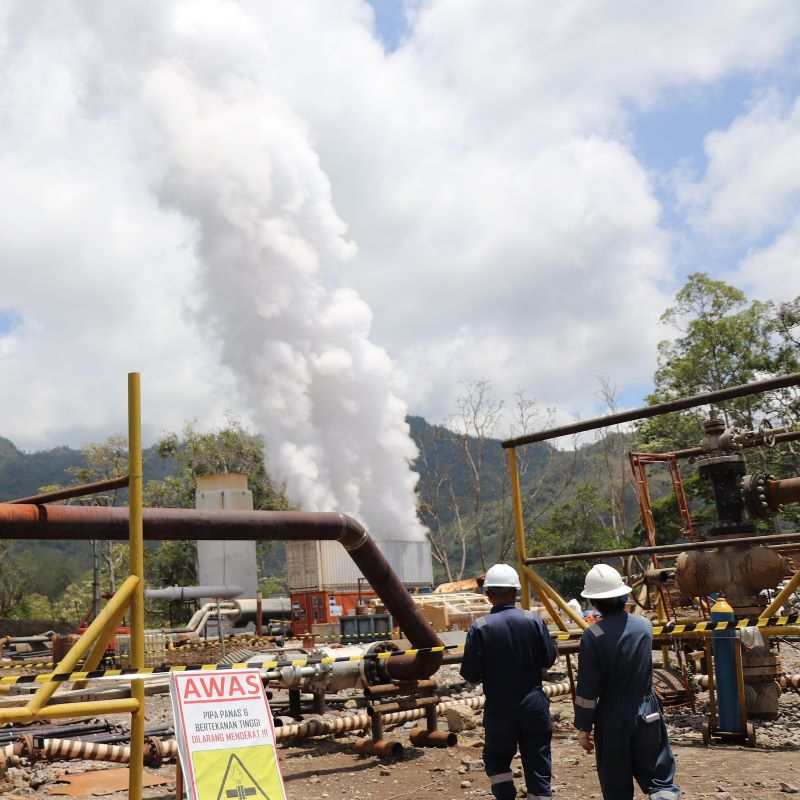
Can renewable geothermal energy be developed in a way that benefits Indigenous communities in Indonesia?
Geothermal energy is part of Indonesia's renewable energy transition. But it’s negatively impacting Indigenous communities.
- Dr Justin Wejak & Dr Nikolaus Loy

The intellectual property of Japan’s Indigenous Ainu people should be better protected
Greater recognition of Ainu culture in Japan has led to increased tourism-related cultural appropriation.
- A/Prof Mayumi Okada
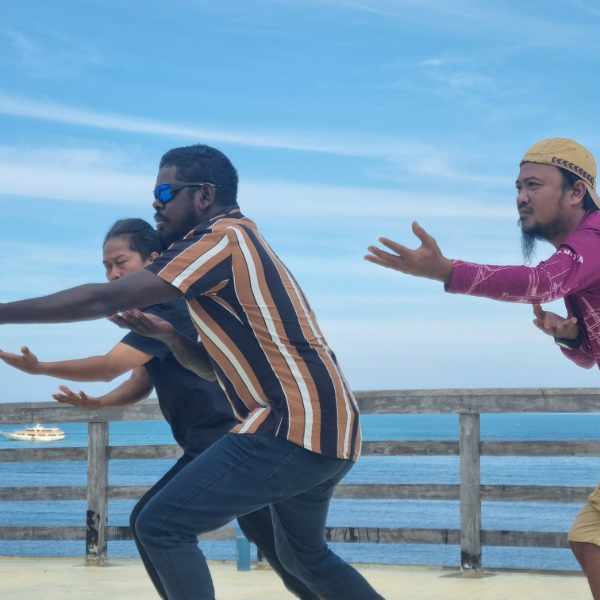
The connections between Indigenous Australians and Indonesians beyond the trepang trade
The long-standing connections between Indigenous Australians in northern Australia and Makassan Indonesians endure in culture and language.
- James Pilbrow, Nidala Barker, David Yunupiŋu, Abdi Karya, Nurabdiansyah, Dr Anthea Skinner, Prof Lisa Palmer & Prof Aaron Corn
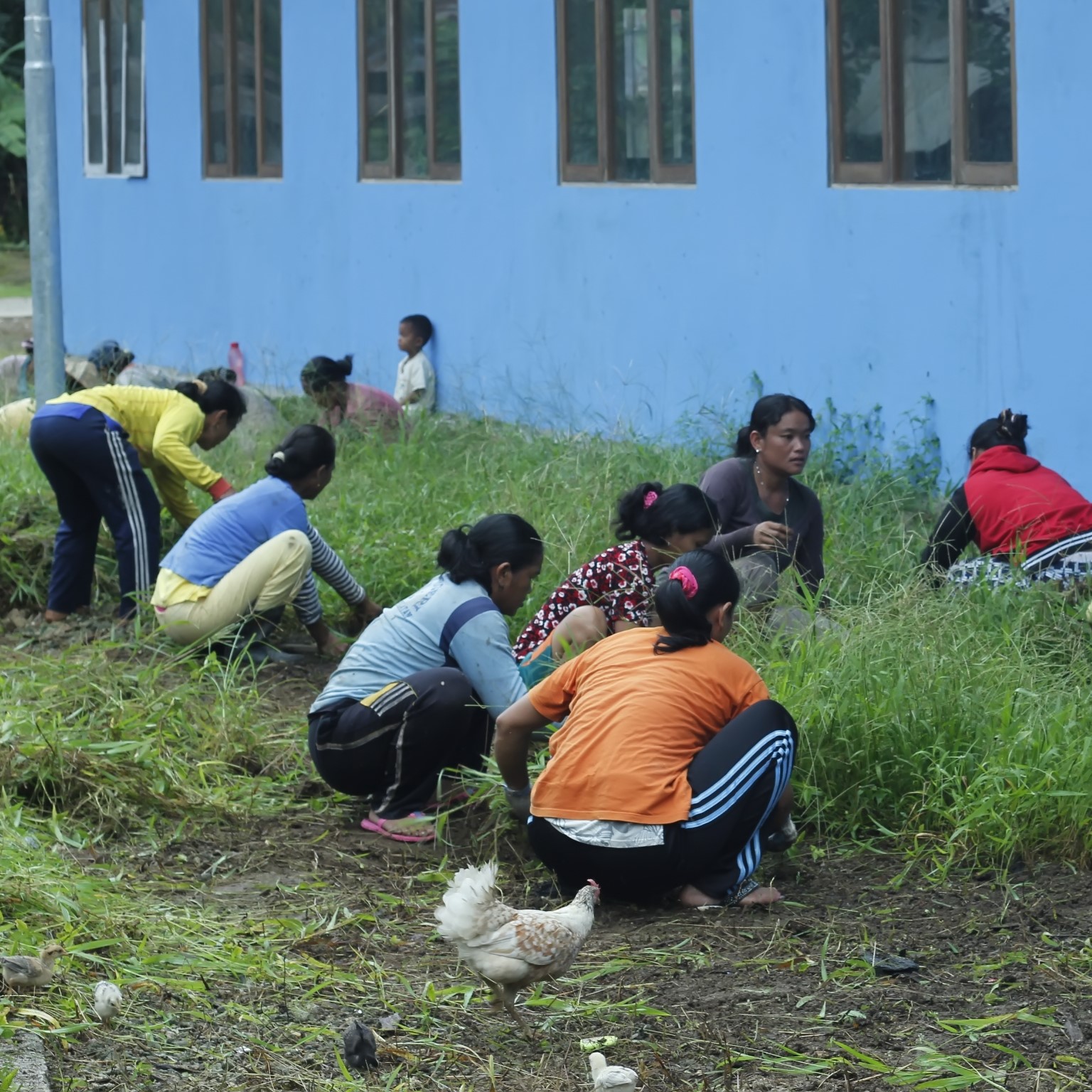
Indigenous knowledge as interpretive practice: gotong royong and religious pluralism in contemporary Indonesia
Gotong royong can nurture ethical capacity and practical wisdom necessary for plural societies to flourish.
- Dr Samuel Curkpatrick and Hery Susanto
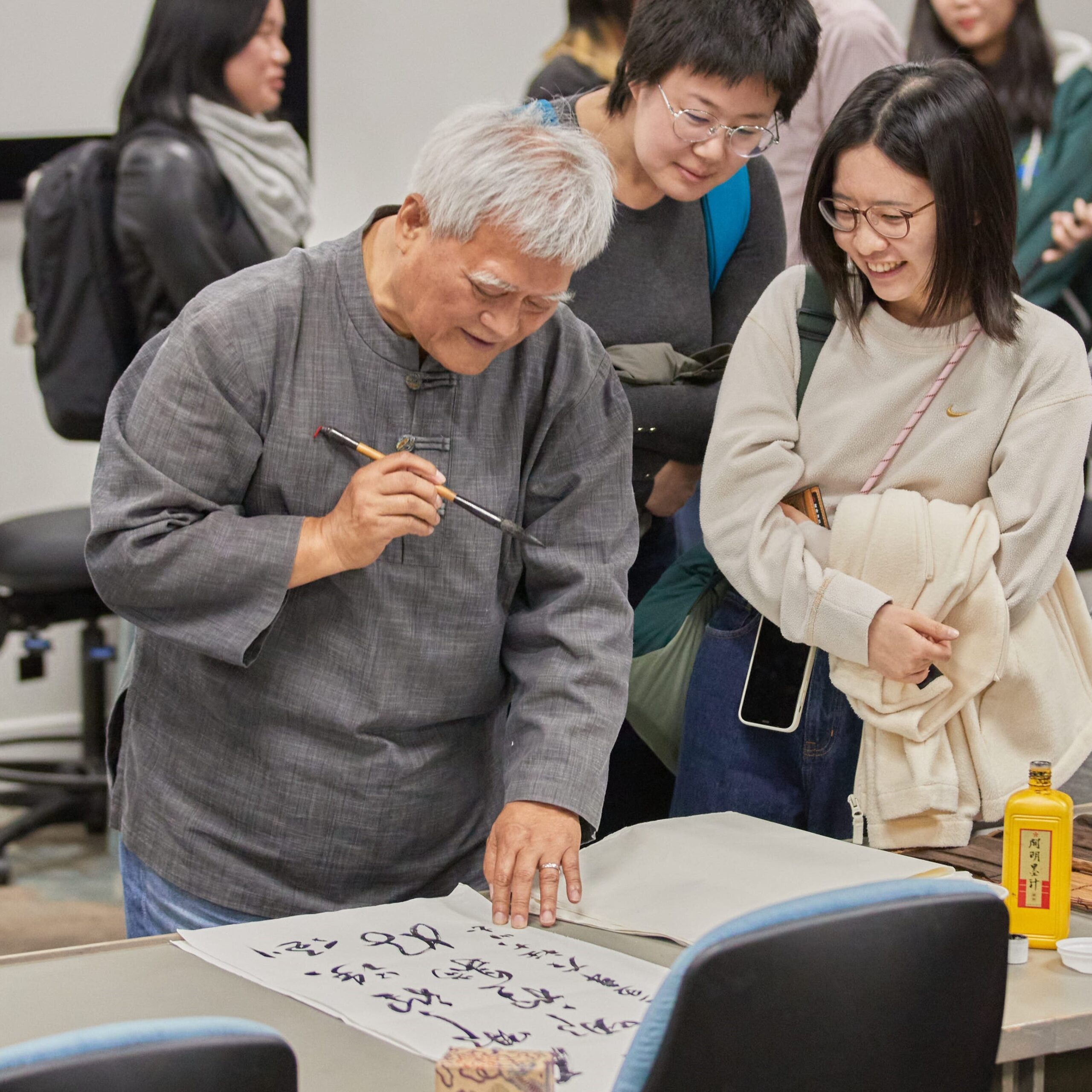
INTERVIEW–Sing with the pen: The literary defence of Indigenous culture in Taiwan
"Growing up, I was always anxious about our culture disappearing, but hope came from my family."
- Prof Paelabang Danapan

訪談 – 用筆來唱歌:文學做為臺灣原住民的民族防禦
巴厄拉邦‧德納班(卑南語:Paelabang Danapan),漢名孫大川,為臺灣知名政治人物、作家、編輯及學者。
- Prof. Paelabang Danapan(孫大川)
Featured Articles

Which AI do you trust? How Chinese people attach national identity to AI use
-
Chen Qu and Dr Wilfred Yang Wang

